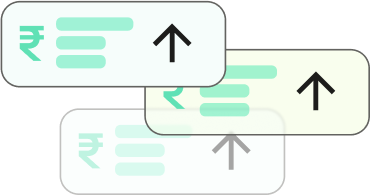Widely Used For

Raising capital by governments and companies

Diversifying portfolios with relatively predictable income streams

Bonds are fixed-income instruments that represent a loan made by an investor to a borrower—typically a corporation or government. When you purchase a bond, you are essentially lending money for a specified period in exchange for periodic interest payments (known as coupon payments) and the return of principal at maturity.
Contact Us


